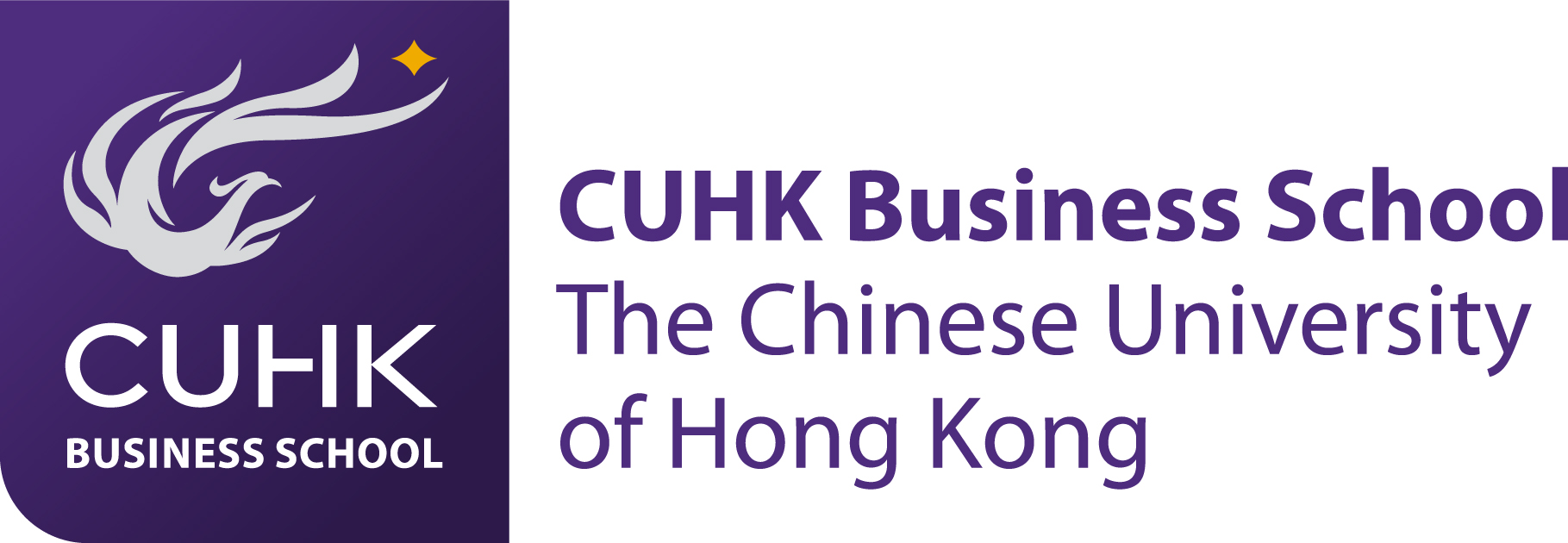The city plays a central role in what is fast becoming known as the ‘Greater Bay Area’ (GBA): the Chinese metropolitan zone encompassing nine cities and two special administrative regions in the Pearl River Delta.
Home to around 69 million people, the GBA has a combined GDP of $1.5 trillion—comparable to the areas surrounding Tokyo and New York—and is a site of major investment for the Chinese government.
“People are calling it a ‘mega-city’,” says Anne Evanno, assistant director of the Career Management Center at CUHK Business School in Hong Kong.
In Anne’s mind, the opportunities that the GBA represents means that there is no better place for young professionals to look for career development—and she gave us four reasons why.
1. The chance to live in the future of tech
One thing that China is famous for is its lightning-fast uptake of new technologies, and the Guangdong-Hong Kong-Macau Greater Bay Area is no exception.
Many huge tech companies have headquarters in the GBA—for instance Tencent, Huawei, and WeChat, the WhatsApp-like messaging app that dominates China. The result is a society that is light-years ahead of other parts of the world when it comes to technology.
“It’s just mindblowing,” Anne enthuses. “There’s nothing you can compare it to back in Europe or the States.
“You can do everything via WeChat—Chinese people do not use a credit card anymore, they do everything on their mobile phone, from shopping to paying for a taxi to making a hospital appointment and booking insurance.”
2. An expanding job market
For early-career businesspeople, this proximity to innovation means more than just getting to live in a futuristic society—it means job opportunities, and lots of them.
“China as a whole is really one of the leading global investors in digital technologies and e-commerce, and they’re expanding globally,” Anne says.
“They’re looking for talents who are familiar with global business, are fluent in English and Mandarin, and who have international exposure.”
But tech isn’t the only area that job opportunities for MSc in Management (MiM) grads are rife.
“Because of the strong economic growth in the area, there is an increase in hiring activity,” says Anne—for example in finance and logistics.
“Financial institutions are moving a lot of jobs to China,” she explains. “They’re particularly looking for relationship managers within corporate and commercial banks.”
For MiM students at CUHK, access to these opportunities is easy—for instance through school-organized ‘tech days’.
These tech days function as concentrated field trips, optimized towards students expanding their networks in the Greater Bay Area.
A recent tech day took students to Shenzhen, where they completed four company visits: to AOTO, an electronics company specializing in LED technology; Kingdee, a software developer; Amazon’s e-commerce logistics department, and Chinese tech giant Tencent.
Experiences like this act as important stepping-stones into a world of opportunities for MiM grads, and the benefits to their careers could be huge.
3. The chance to explore
One of the things that makes experiencing industry in the GBA so easy is the high level of connectivity between the region’s constituent parts.
“The infrastructure is opening up, and the government are trying to strengthen the connectivity between Hong Kong and China as well as Macau,” Anne says.
“One example of the local infrastructure is the Zhuhai Bridge, which only opened late last year and has a total length of 42km—it’s the longest bridge sea-crossing in the world, and reduced travel time between Zhuhai and Hong Kong from three and a half hours to 75 minutes.”
Travel-happy students can also use the region’s high-speed rail networks in operation, travelling from Hong Kong to Shenzhen in under 20 minutes, or only 45 all the way to Guangzhou.
4. Long-term opportunities
Finally, for international students, one of the assets of the GBA is the great visa opportunities that are offered by the Hong Kong government.
“The nice thing for students here in Hong Kong is that they’re allowed to stay on and obtain a foreign employee visa—everyone has the right to at least a year of work,” Anne says.
The Immigration Arrangements for Non-local Graduates (IANG) visa means that international students of full-time, accredited Hong Kong programs like the MSc in Management at CUHK can extend their experience even beyond graduation—something that Anne says as much as 40% of the class intends to do.
“Just compare that to Singapore, which is very focused on local talent,” Anne points out, “They’ve decreased their visa quota.”
For young professionals who want to get out of their comfort zone and make their mark in the future of work, the Greater Bay Area may be the place—and the MiM at CUHK the perfect vehicle to do so.
*Featured image used under this licence








